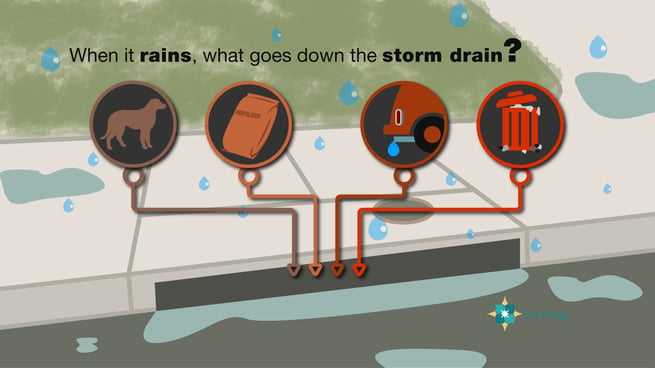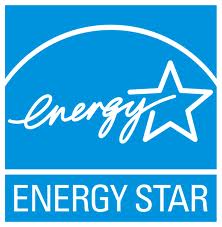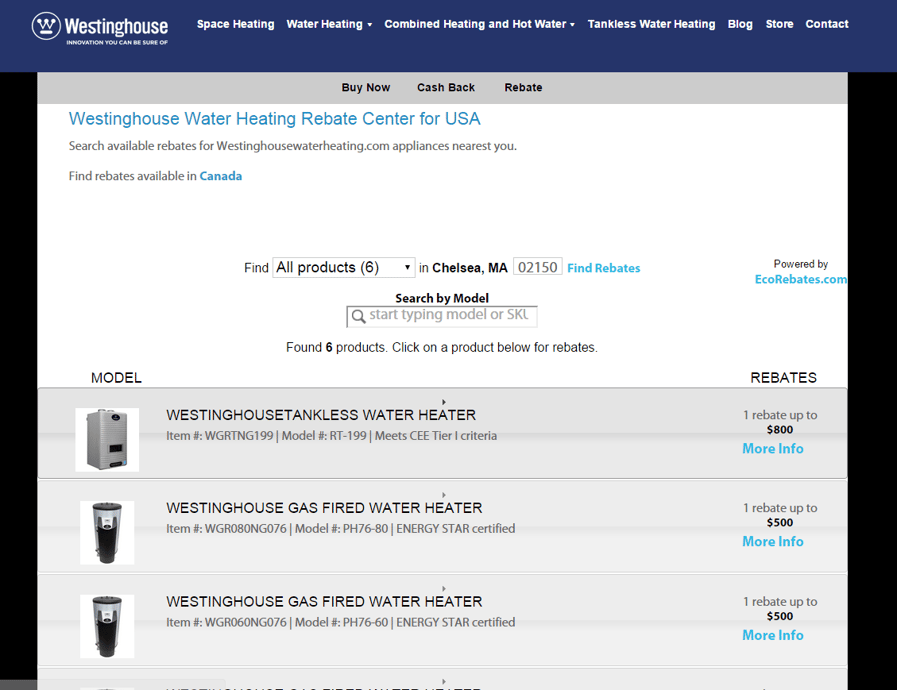We are now more than halfway through 2015! Have you had a chance to check out Energy Star's most efficient boilers of 2015? Westinghouse Water Heating's Fire Tube boiler is on the list! This high efficiency boiler has up to a 97% AFUE rating and can save up to $2,762 annually. Review the chart below to see all of the great potential savings! Check out our Most Efficient Boiler blog to learn more.
Interested in the Westinghouse Fire Tube Boiler? Contact Brad Monaghan at brad.monaghan@westinghousewaterheating.com.



